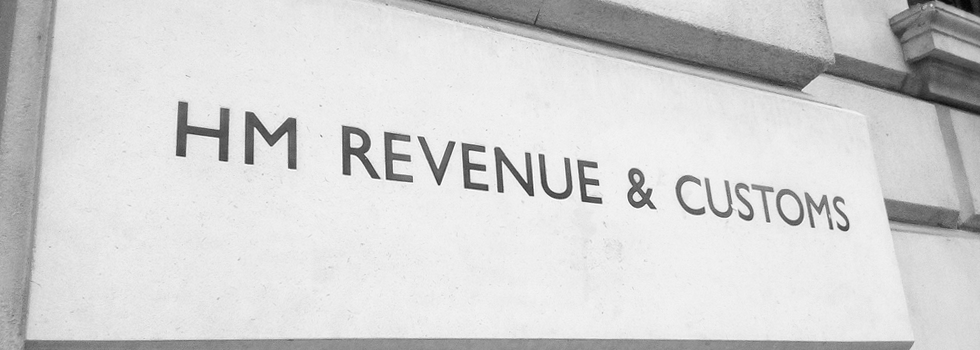
Freelancers fear HMRC more than Brexit
Published 8/11/19
Financial Times carried an interesting article about what keeps freelancers and self-employed contractors awake at night. In a poll of 1,000 contractors and freelance workers, some 83% responded that HMRC’s treatment of the self-employed was the biggest threat to their business. Far out-weighing concern about Brexit (11%) and political uncertainty (4%).
The Financial Times article recaps the present law that requires “ individuals who use limited companies and work for private sector clients must assess whether they are employed for tax purposes — and liable for employee taxes — or self-employed for tax purposes and therefore pay corporate taxes, which are typically lower.” We have previously publicised changes to IR35 from next April that affect businesses that engage self-employed contractors from April 2020. The Financial Times article explains that “all companies — apart from those with fewer than 50
employees or less than £10.2m annual turnover — will be required to assess the employment status of any contractor they use. If a company decides a contractor should be treated as an employee, it will be liable for deducting the correct tax, including income tax and national insurance”.
It's reported that HMRC estimates that outside of the public sector, only one in ten individuals who should be paying tax under the current IR35 rules is doing so correctly. This is disputed by contractor groups and business lobbies who warm that the changes will lead to more disputes and choke businesses with red tape.
This is a good time to remind ARAG policyholders who work as contractors or engage them to call our Tax advice helpline for advice if they have concerns about complying with HMRC IR35 regulations. If an HMRC compliance check results in a challenge to a contractor's status and/or tax liability, policyholders should obtain a claim form to obtain expert assistance and representation under the terms of their ARAG business policy.

Disclaimer - all information in this article was correct at time of publishing.
